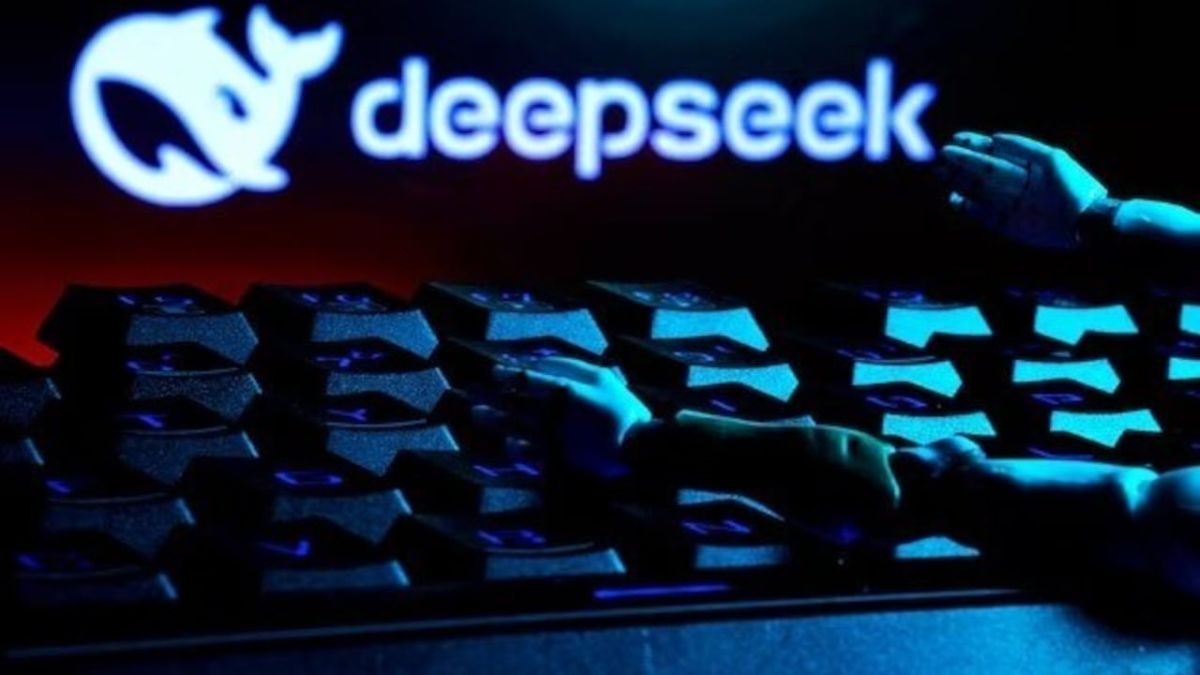China’s AI company DeepSeek has appeared publicly for the first time in almost a year. One of its top researchers, Chen Deli, spoke at the World Internet Conference in Wuzhen, Zhejiang province. He said he is very positive about AI as a technology but also worried about how it might affect society in the long run.
Chen shared the stage with leaders from five other Chinese AI companies, including Unitree and BrainCo. Together, they are called China’s “six little dragons” of AI, seen as the new generation of firms driving the country’s rapid growth in artificial intelligence.
When asked about DeepSeek’s global success and its open-source work, Chen sounded careful. He said that AI can help humans a lot right now but could cause serious job losses in the coming years. According to him, in about five to ten years, AI could become capable enough to replace some human jobs, and in the next ten to twenty years, it might replace most of them. He said this could create huge challenges for society, and technology companies should take responsibility and act as “defenders” during that time.
Chen added that he still believes in the power of AI to do good but is concerned about its long-term social and economic effects.
DeepSeek became globally famous in January 2025 after launching a low-cost AI model that performed better than leading U.S. systems. This success made the company a key example of China’s progress in technology, especially during a period of rising U.S.–China tension over advanced tech.
After its big debut, DeepSeek kept a very low profile. Its founder and CEO, Liang Wenfeng, last appeared in February when he met Chinese President Xi Jinping on national television. Since then, the company has skipped several major tech events in China but continues to quietly grow in influence.
In September, DeepSeek released an upgraded “experimental” version of its V3 model, which can process longer texts more efficiently and is easier to train. The company is also supporting China’s push to develop local chip technology. Its AI systems now work with chips made by Huawei and Cambricon, two leading players in China’s semiconductor industry.
Back in August, DeepSeek’s announcement of an AI model made specifically for Chinese chips led to a sharp rise in local semiconductor stock prices. This showed investor trust in China’s plan to reduce its dependence on U.S. technology.
Although DeepSeek hasn’t launched another major model since January, its quiet but steady moves continue to shape China’s AI future and global discussions about open-source development, national independence, and the ethical side of artificial intelligence.

